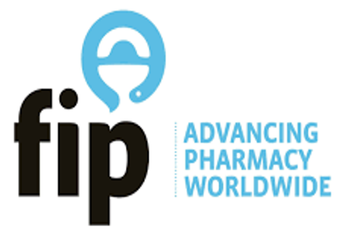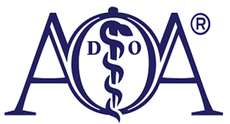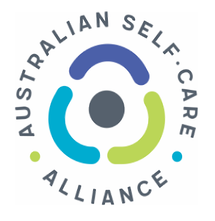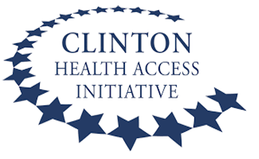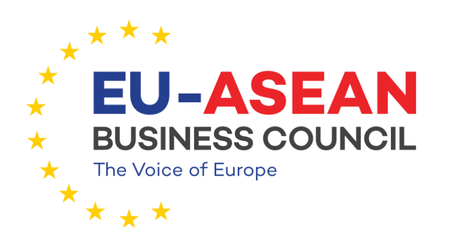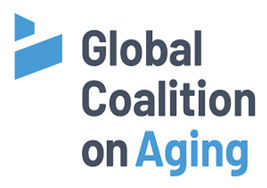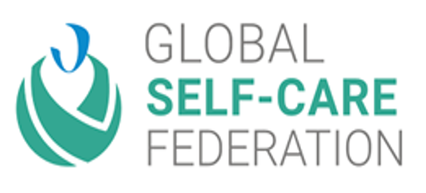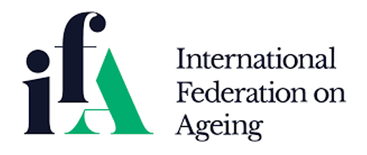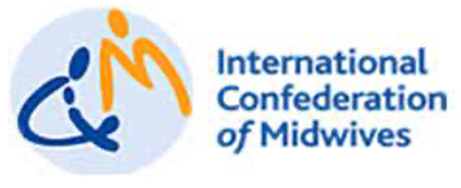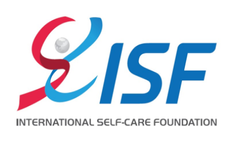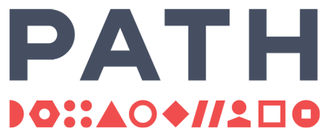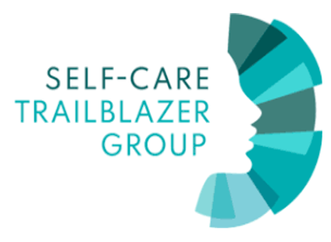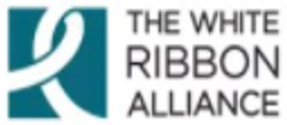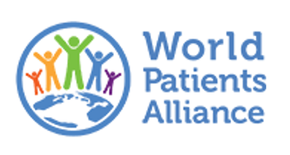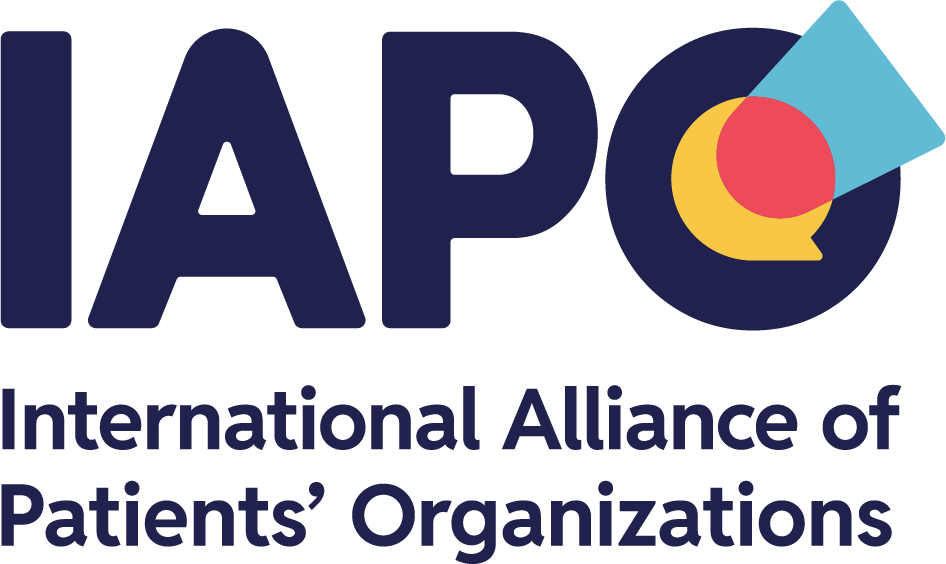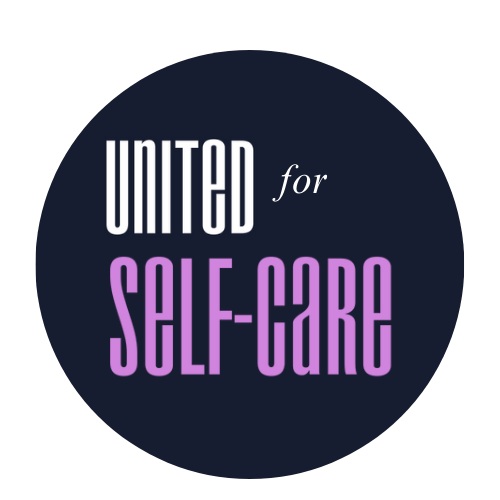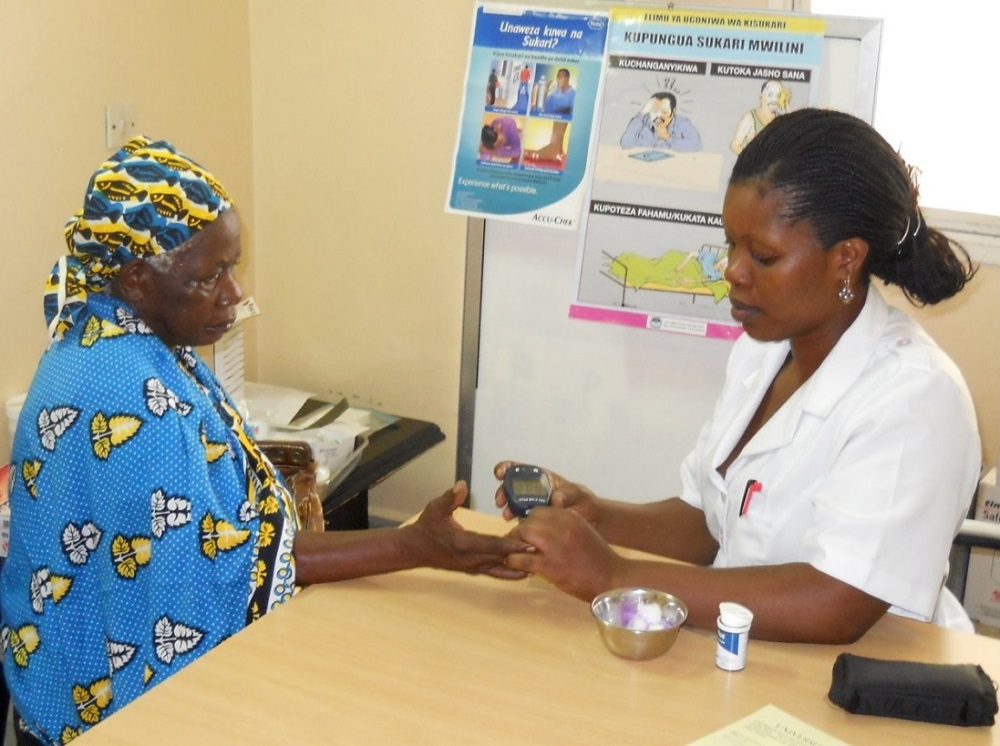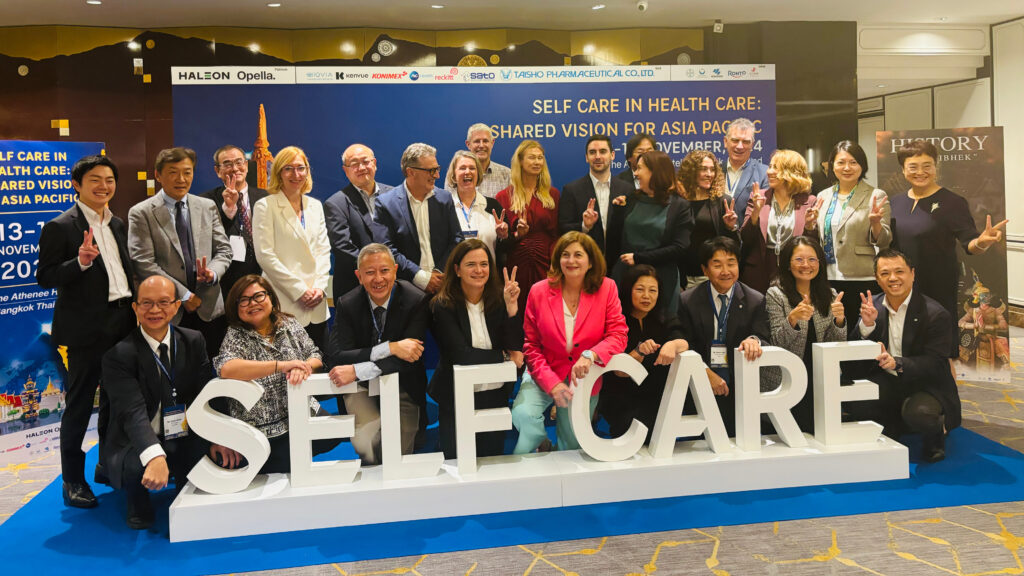Coalition partners have been engaged on self-care for the long haul, bringing the point of view of patients and consumers, health care professionals, academics and research, and the industry.
Empowering self-care for better and long-term health
A global initiative
Embedding self-care practices into the health care continuum has the potential to improve health and quality of life, while simultaneously supporting health system sustainability and the achievement of universal health coverage.
As we collectively work to make our overstretched health systems more efficient, we have an opportunity to reconfigure the value of self-care as a legitimate tool to strengthen overall health system response.
The time is now to elevate the profile of self-care and prioritize global commitment and action.
Latest news
Check out the News page for more!
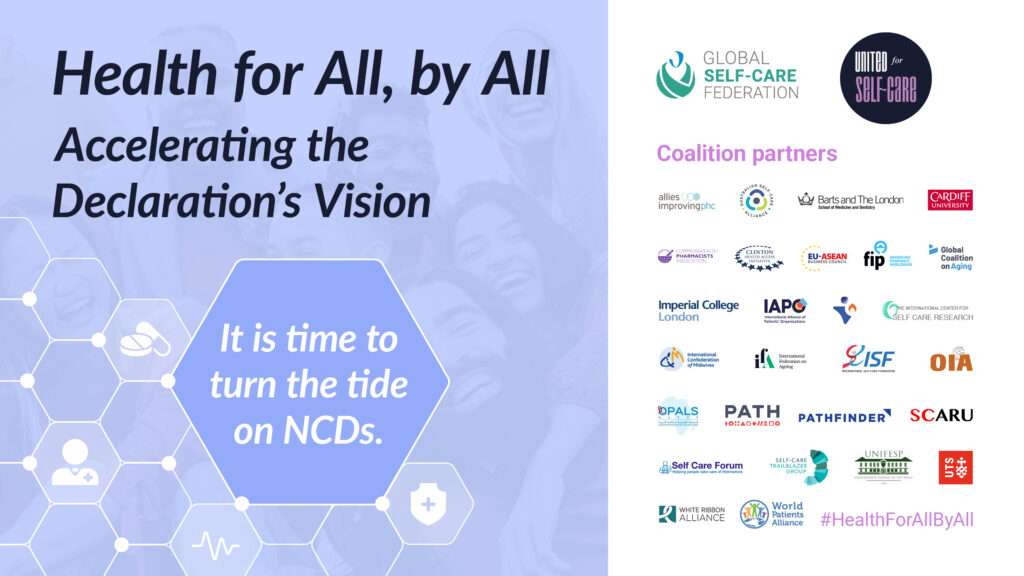
“Health for All, by All” – Global Health Coalition Launches a Self-Care Manifesto to Support the Fight Against NCDs
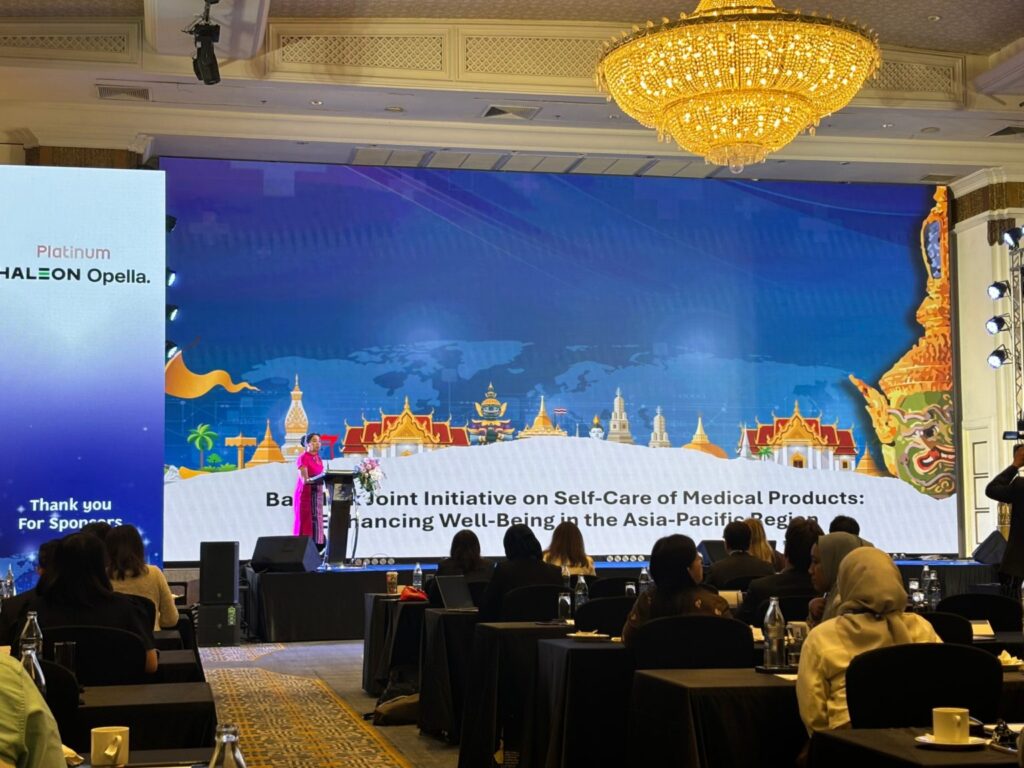
HPW Article: Paving the Way for Universal Health Coverage in Asia-Pacific and Beyond with Self-Care Strategies
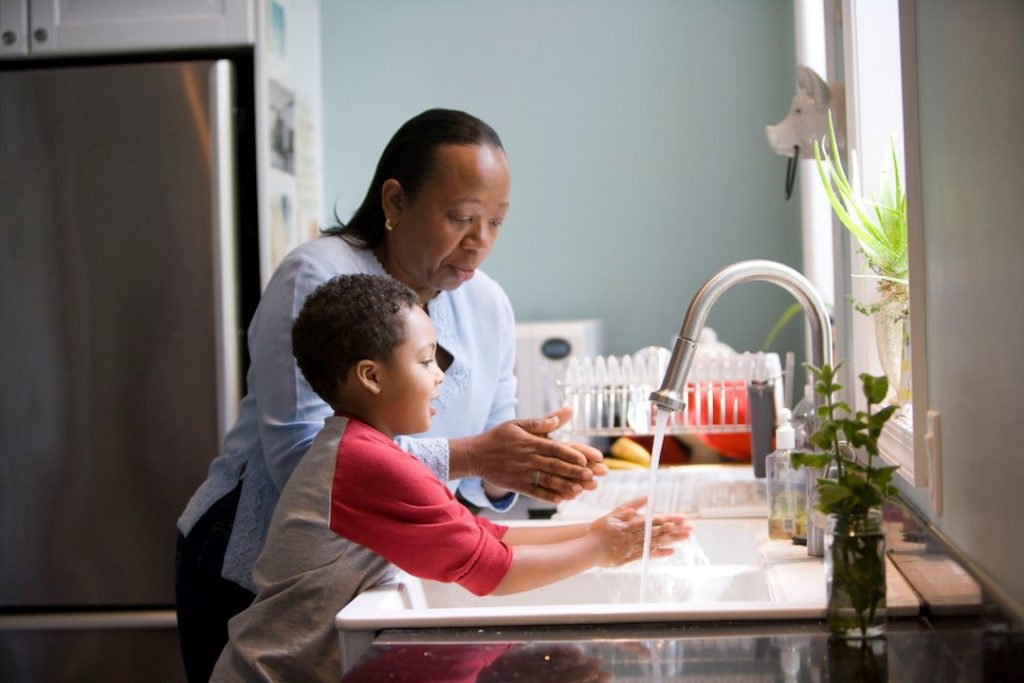
The World Health Organization defines self-care as the ability of individuals, families and communities to promote health, prevent disease, maintain health, and cope with illness and disability with or without the support of a health-care provider.
Self-care refers to the holistic activities, practices, and products—both medicinal, devices, and nutritive—that a person can adopt to improve their health and well-being.
In particular, self-care involves:
- Making healthy lifestyle choices
- Avoiding unhealthy lifestyle habits
- Making responsible use of prescription and non-prescription medicines
- Self-recognition of symptoms
- Self-monitoring
- Self-management

The Time is Now: Here’s Why
There are more proven self-care products and practices available to populations today than ever before, and it is within our collective power to unleash the benefits of truly self-care enabled health systems around the world, if only we set up adequate policy frameworks that embed self-care seamlessly into the care continuum.
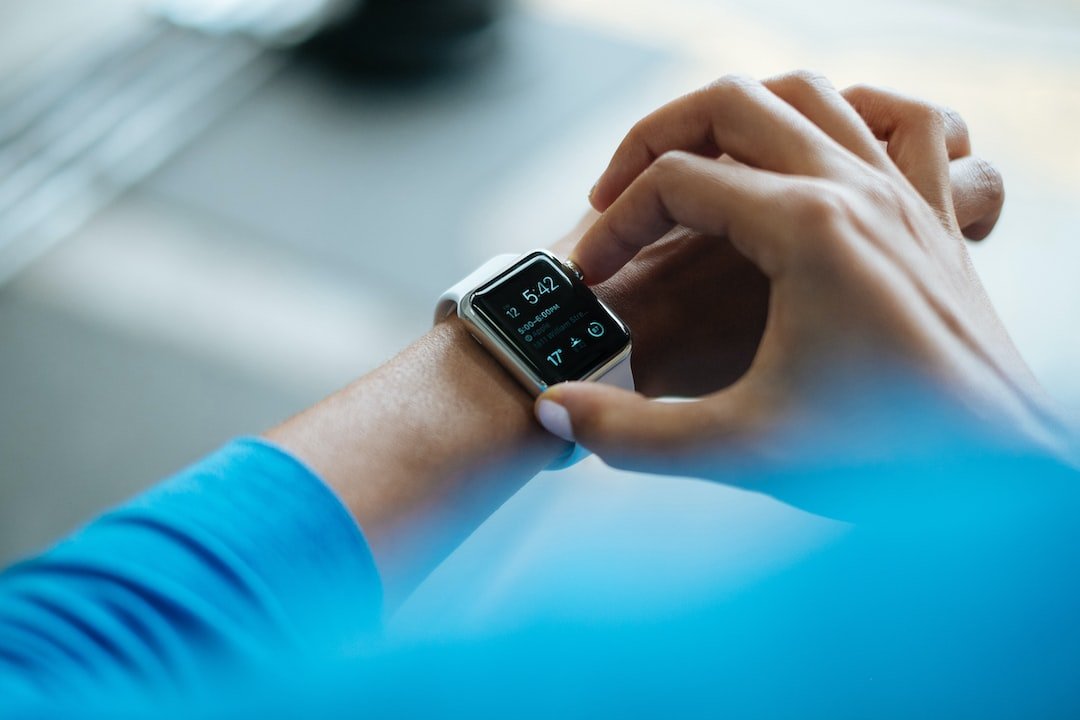

Individual behaviors at the center of health
We have a better understanding than ever before of the centrality of individual behavior to the successful prevention and management of disease. In line with this, the World Health Organization increasingly foregrounds the importance of person-centred healthcare across all disease areas.
Health literacy and empowerment in focus
Putting more emphasis on health literacy and people empowerment is crucial for individuals to be fully empowered in the successful health prevention and management of disease and minor ailments.
The advancement of digital tools
Digital tools have unlocked access to health information and services for people globally, though access remains a challenge across most geographies.
Our Five Asks to World Health Organization’s Member States
Today, at least half the world’s population has no access to essential health services. The provider-to-client model that is at the heart of health systems must be complemented with a self-care model through which people are enabled to make active, informed health decisions to promote health, prevent disease, maintain health and cope with illness and disability with or without the support of a health worker.
Tedros Adhanom Ghebreyesus, WHO Director General
Boost health literacy.
Enhance public health literacy and education, and implement public awareness campaigns on self-care interventions for health and well-being.
Promote digital health.
Adopt, integrate and scale digital health tools for self-care into national health and social care systems.
Enhance self-care capacity and guidance.
Build health and social care professionals’ capacity on self-care, by including self-care practices in training modules for health workers and implementing national guidelines that incorporate self-care into healthcare prevention and treatment plans, with a particular focus on community-based primary care.
Recognize self-care as an enabler of universal health coverage.
Recognize self-care as a critical, cross-cutting component of the care continuum, a core component of people-centered care, and an enabler of universal health coverage.
Invest in self-care.
Invest in policies that promote self-care practices as a means of reducing health care expenditures and addressing gaps in the health and social care workforce.
Our partners
